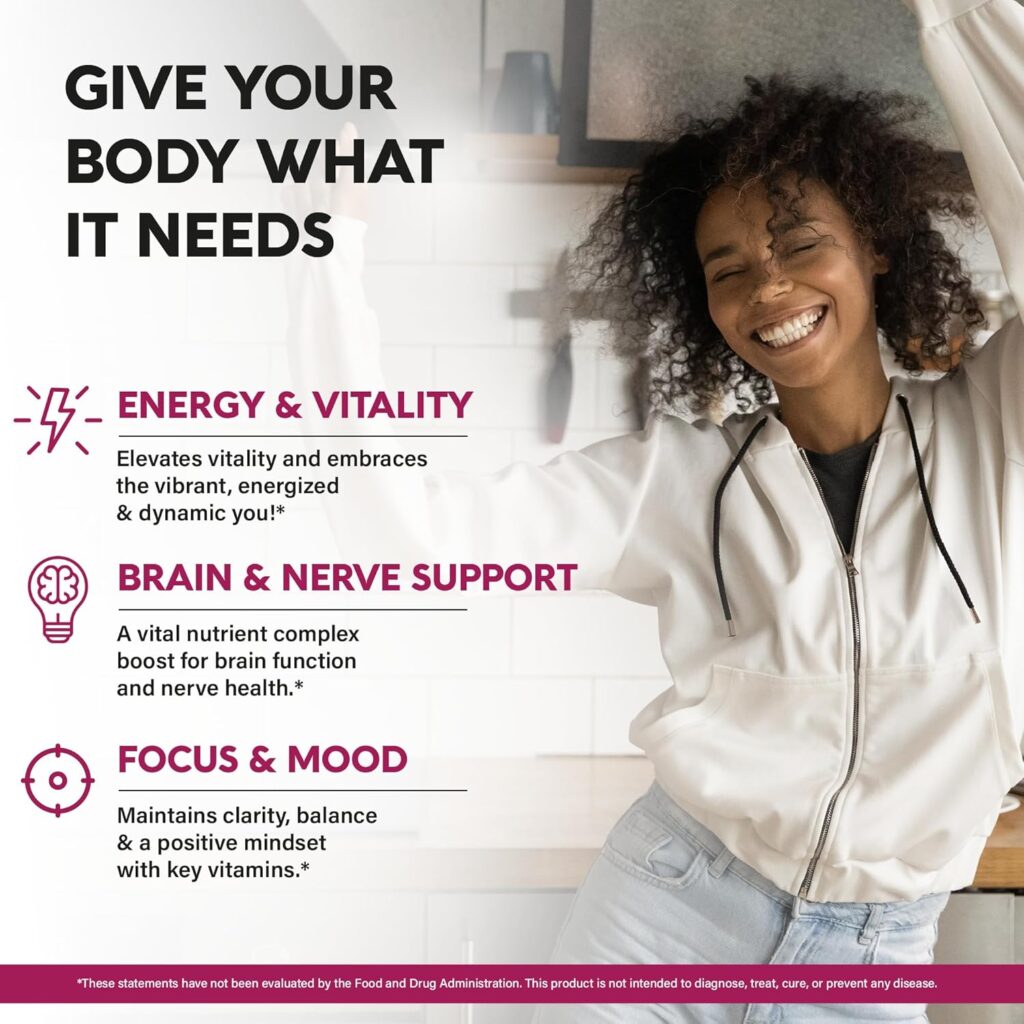In today’s fast-paced world, it’s easy to forget the importance of taking time for ourselves. With so many demands on our time, we often overlook the need to relax and recharge your energy. Balancing work, responsibilities, and personal life can quickly lead to burnout, leaving us feeling drained and unproductive. However, relaxing and recharging your energy is essential for maintaining both physical and mental well-being. In this article, we’ll explore practical ways to relax and recharge your energy, so you can reclaim a sense of balance and improve your overall health. From sleep to mindful habits, we’ll cover key strategies to help you feel rejuvenated and ready to take on life’s challenges.
The Importance of Relaxation
Constant stress can have a significant negative impact on both the body and the mind. While a bit of stress can help us stay focused, chronic stress can contribute to a range of issues like hypertension, insomnia, anxiety, depression, and cardiovascular diseases. That’s why it’s crucial to take moments to relax and release the tension that accumulates over time.
What Happens When We Don’t Relax?

The lack of relaxation and rest can weaken the immune system, making us more susceptible to illnesses. It also affects the brain, reducing our ability to concentrate, make decisions, and solve problems effectively. Moreover, a lack of relaxation can negatively impact our emotional health, increasing the risk of anxiety and depression.
How to Relax?
There are many ways to relax that you can integrate into your daily routine. Some of the most effective methods include deep breathing, meditation, listening to relaxing music, reading, or engaging in creative activities such as painting or writing. The goal is to find something that allows you to disconnect from daily stresses and focus on the present moment.
Deep breathing, for example, helps reduce stress by activating the parasympathetic nervous system, which is responsible for the body’s relaxation functions. Meditation and mindfulness practices can also be highly effective as they teach us to be aware of our thoughts and emotions without judging them.
Recharge Your Energy with Healthy Habits
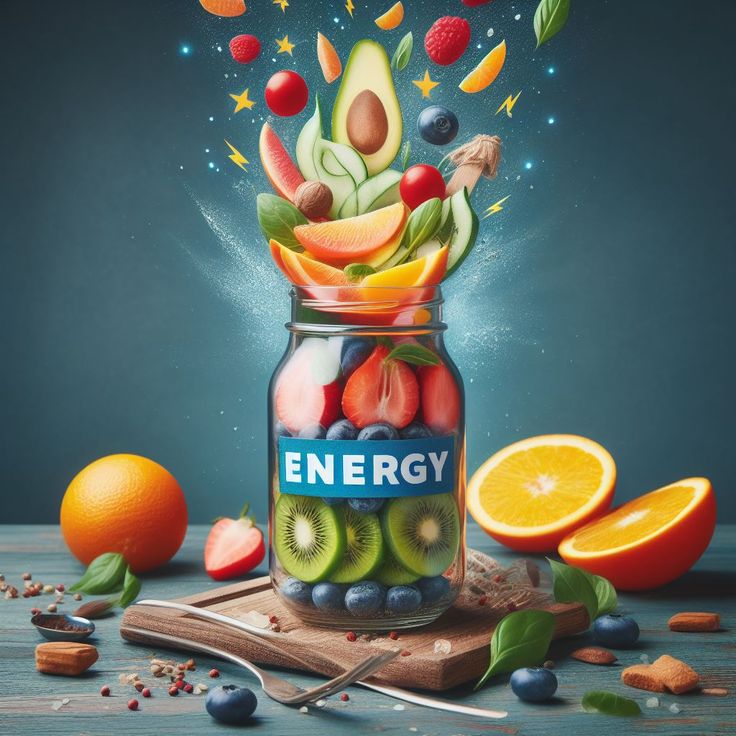
One of the most important aspects of maintaining our well-being is energy. We all need energy to tackle our daily tasks, from work to social relationships and personal life. However, energy isn’t just derived from food; it also depends on healthy habits that help keep us in optimal condition.
The Role of Sleep
Sleep is one of the most important pillars for recharging energy. Without good rest, the body cannot properly regenerate, affecting our productivity, focus, and mood. During sleep, the body repairs tissues, strengthens the immune system, and consolidates memory. Getting between 7 and 9 hours of sleep each night is essential for the body to function optimally.
Proper Nutrition
What we eat directly affects our energy and well-being. A balanced diet, rich in nutrients and low in processed foods, can help maintain high energy levels throughout the day. Make sure to include foods that are rich in vitamins, minerals, fiber, and protein, such as fruits, vegetables, legumes, whole grains, and lean proteins.
Avoiding excessive sugar and caffeine is also crucial, as these can cause energy spikes and crashes, leading to fatigue and stress. Additionally, staying hydrated is important, as dehydration can cause tiredness, headaches, and difficulty concentrating.
Regular Exercise
Regular physical activity not only improves cardiovascular and muscular health but also has a direct impact on energy levels and mood. When you exercise, your body releases endorphins, known as the “happiness hormones.” These natural chemicals not only boost your mood but also help reduce stress and anxiety.
You don’t need to engage in intense workouts every day. Activities like walking, swimming, doing yoga, or cycling are great ways to keep the body active and recharge energy. Even short walks throughout the day can have a positive impact on mental and physical health.
Find Your Balance
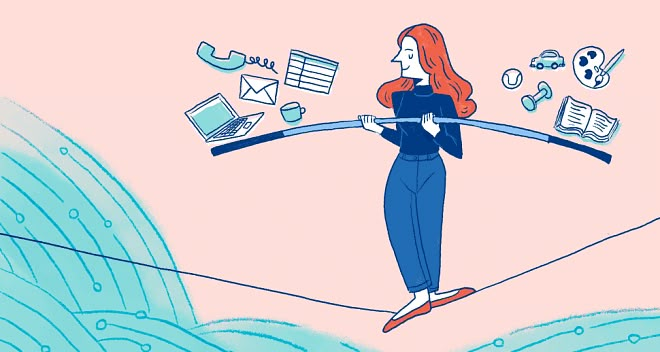
Balance doesn’t mean being perfect at everything you do. It’s about finding a pace that allows you to enjoy the important moments without neglecting your responsibilities. It’s crucial to learn to balance work, personal relationships, and time for yourself.
How to Find Balance?
One of the first things you should do to find balance is to set clear boundaries. Work and responsibilities can often encroach on your personal time, so it’s important to have spaces dedicated to rest and self-care. If you feel that work or obligations are draining your energy, make an effort to delegate tasks or seek help.
Additionally, it’s essential to learn how to say “no” when necessary. We often overload ourselves with commitments because we fear disappointing others, but this can be counterproductive. Prioritize what truly matters to you and learn to delegate or decline what doesn’t serve your well-being.
The Power of Meditation
Meditation is one of the most effective practices for finding balance in life. Taking a few minutes each day to meditate can help reduce stress, improve focus, and promote inner peace. Meditation teaches you to be more present in your daily life, reduce mental noise, and become more aware of your thoughts and emotions.
Journaling (Reflective Writing)
Writing about your thoughts and feelings can also help you find clarity and balance. Journaling allows you to process your emotions, reflect on your day, and set clear goals for the future. By putting your concerns and achievements into words, you can release emotional tension and foster a positive mindset.
5 Beneficial Habits to Improve Your Well-Being
To maximize your well-being, it’s important to adopt habits that support both your physical and mental health. Here are 5 habits you can incorporate into your daily routine to improve your life.
Maintain a Consistent Sleep Routine
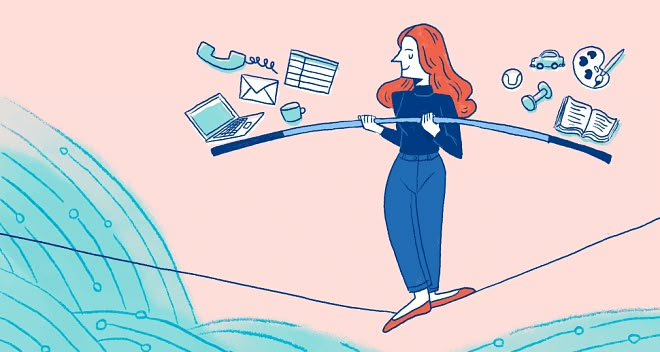
Adequate rest is key to overall health. Try to go to bed and wake up at the same time every day, even on weekends. This helps regulate your biological clock and improves sleep quality.
Exercise Regularly
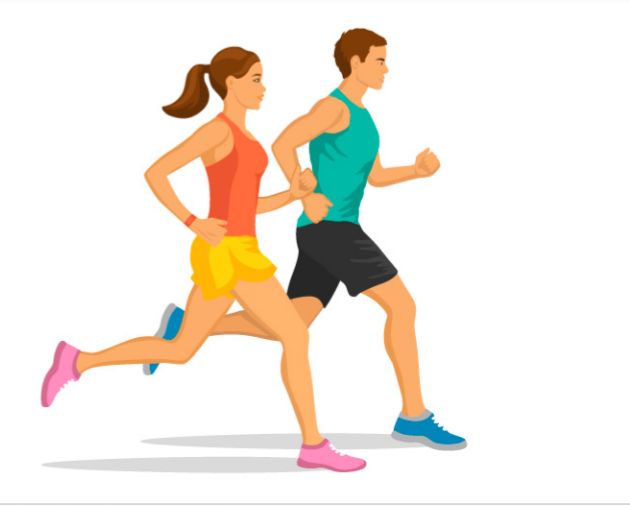
You don’t have to do long or intense workouts. Engage in physical activities you enjoy, such as walking, dancing, or doing yoga. Regular exercise not only improves physical health but also reduces stress and boosts energy.
Incorporate a Balanced Diet

Eating fresh, nutrient-dense foods and avoiding processed foods is crucial for maintaining good health. Be sure to include fruits, vegetables, whole grains, and lean proteins in your daily meals.
Take Breaks and Breathe Deeply
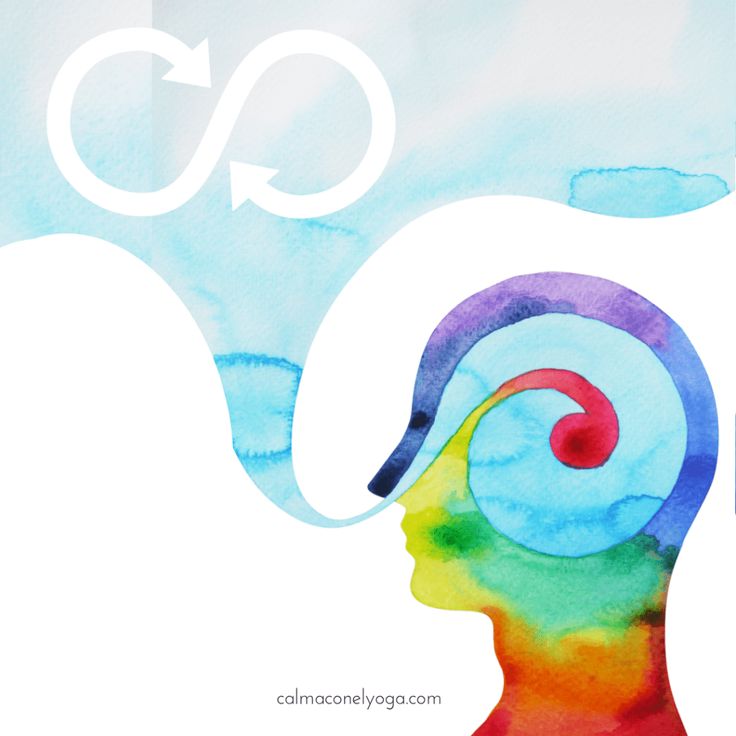
Throughout the day, take a few minutes to breathe deeply and relax. This can help reduce stress and improve concentration, especially during high-pressure moments.
Engage in Relaxing Activities
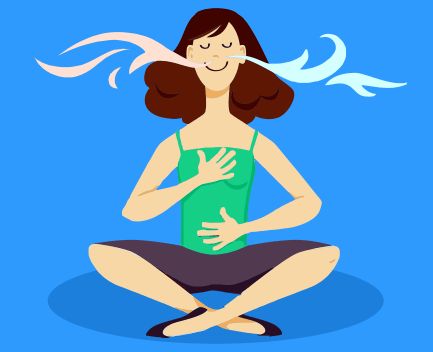
Whether it’s reading, listening to music, painting, or practicing meditation, it’s important to dedicate time to activities that relax you. These not only improve mental health but also help you unwind and recharge your energy.
How Medications Could Improve Their Effectiveness
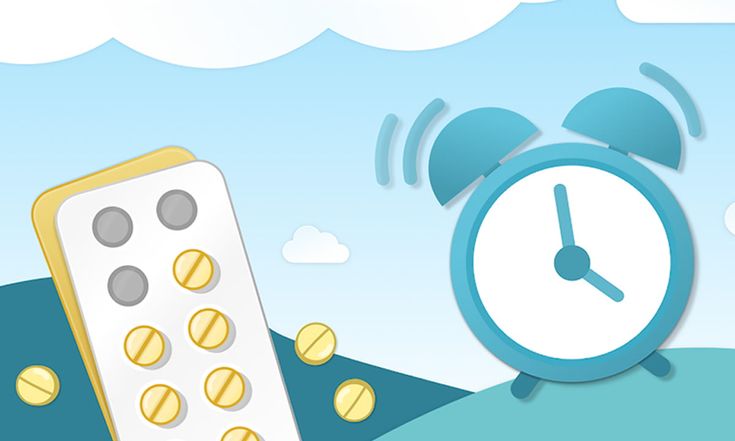
While medications are essential for treating a variety of conditions, it’s important to keep in mind that certain habits and approaches can optimize their effects and improve overall well-being.
Take Medications as Directed by Your Doctor
Make sure to follow your doctor’s instructions when taking any medication. The correct dosage and timing are crucial for medications to be effective.
Maintain a Healthy Lifestyle
Healthy habits like proper nutrition, regular exercise, and adequate sleep can enhance the absorption and effectiveness of medications. For example, some medications for hypertension may work better when the person also follows a low-sodium diet and exercises regularly.
Minimize the Consumption of Substances that Interfere
Avoid alcohol, tobacco, and other substances that can interfere with how the body processes medications. These substances can alter the way the body metabolizes drugs, decreasing their effectiveness.
Control Stress
Chronic stress can reduce the efficacy of some medications, such as antidepressants or blood pressure medications. Relaxation techniques like meditation, yoga, and deep breathing can help optimize the effects of medications.
Regular Monitoring with Your Doctor
It’s important to have regular check-ups with your doctor to monitor how medications are working in your body. If you notice any side effects or changes in your health, your doctor can adjust the dosage or treatment to improve results.
Taking the time to relax and recharge your energy is not just a luxury but a necessity for maintaining a healthy, balanced life. When you consciously prioritize ways to relax and recharge your energy, you can significantly reduce stress and boost your physical and mental well-being. Whether through sleep, healthy habits, or mindfulness practices, integrating time to relax and recharge your energy allows you to regain focus, improve productivity, and enhance overall quality of life. So, make it a priority to relax and recharge your energy regularly, and watch as your health, mood, and productivity improve.

